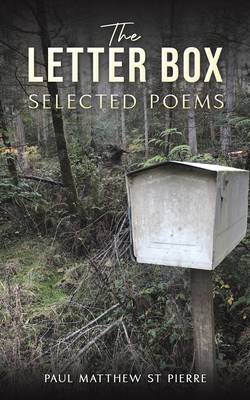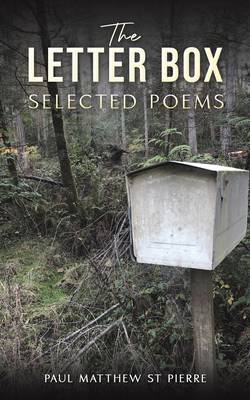
Bedankt voor het vertrouwen het afgelopen jaar! Om jou te bedanken bieden we GRATIS verzending (in België) aan op alles gedurende de hele maand januari.
- Afhalen na 1 uur in een winkel met voorraad
- In januari gratis thuislevering in België
- Ruim aanbod met 7 miljoen producten
Bedankt voor het vertrouwen het afgelopen jaar! Om jou te bedanken bieden we GRATIS verzending (in België) aan op alles gedurende de hele maand januari.
- Afhalen na 1 uur in een winkel met voorraad
- In januari gratis thuislevering in België
- Ruim aanbod met 7 miljoen producten
Zoeken
Omschrijving
Two definitions: Poetry is human speech. Poetry is maximal language. The Letter Box is both. In the ancient Chinese form Qing Ping, syllabic verse comprising two quatrains (4/5/7/6, 6/6/6/6), the poems are spare and lucid, eminently readable. Yet, dense in syntax, prosody, imagery, and allusion, they can be demanding, lending themselves to contemplation and explication. They are also funny and sardonic. The nostalgic voice, in reference to letters and other old forms, is wry and double-edged. The human speech is primarily mine - of course, the authorial voice. But each poem also has a speaker independent of me. The maximal language? That is also my responsibility. But it is principally your language as interpreters with the power - by reading them aloud - to make the poems your own. The Letter Box Writers, readers, Senders, receivers, Signifiers, signifieds, Once connected us all. Look in the letter box, There you'll find a packet, Open it now, and read My hundred poems for you.
Specificaties
Betrokkenen
- Auteur(s):
- Uitgeverij:
Inhoud
- Aantal bladzijden:
- 114
- Taal:
- Engels
Eigenschappen
- Productcode (EAN):
- 9781035895601
- Verschijningsdatum:
- 18/07/2025
- Uitvoering:
- Paperback
- Formaat:
- Trade paperback (VS)
- Afmetingen:
- 127 mm x 203 mm
- Gewicht:
- 117 g

Alleen bij Standaard Boekhandel
+ 27 punten op je klantenkaart van Standaard Boekhandel
Beoordelingen
We publiceren alleen reviews die voldoen aan de voorwaarden voor reviews. Bekijk onze voorwaarden voor reviews.









